from €1800
€2000
Your discount: €200
Turkish oncologist will provide an individual chemotherapy program.
Doctor-consultant will select the best specialist, draw up an individual price offer for you and help you at all stages of organizing and undergoing treatment.
from €5800
€6000
Your discount: €200
Israeli oncologist will provide an individual chemotherapy program.
Doctor-consultant will select the best specialist, draw up an individual price offer for you and help you at all stages of organizing and undergoing treatment.
from €4800
€5000
Your discount: €200
Spanish oncologist will provide an individual chemotherapy program.
Doctor-consultant will select the best specialist, draw up an individual price offer for you and help you at all stages of organizing and undergoing treatment.
from €7800
€8000
Your discount: €200
German oncologist will prepare an individual chemotherapy program.
Doctor-consultant will select the best specialist, draw up an individual price offer for you and help you at all stages of organizing and undergoing treatment.
from €1800
€2000
Your discount: €200
Polish oncologist will prepare an individual chemotherapy program.
Doctor-consultant will select the best specialist, draw up an individual price offer for you and help you at all stages of organizing and undergoing treatment.
from €3800
€4000
Your discount: €200
Italian oncologist will prepare an individual chemotherapy program.
Doctor-consultant will select the best specialist, draw up an individual price offer for you and help you at all stages of organizing and undergoing treatment.
from €4800
€5000
Your discount: €200
Turkish radiologist will prepare a personalized radiation therapy program
Doctor-consultant will select the best specialist and help at all stages of organizing and undergoing radiation therapy.
from €6800
€7000
Your discount: €200
Israeli radiologist will draw up an individual radiation therapy program.
Doctor-consultant will select the best specialist and help at all stages of organizing and undergoing radiation therapy.
from €6800
€7000
Your discount: €200
German radiologist will draw up an individual radiation therapy program.
Doctor-consultant will select the best specialist and help at all stages of organizing and undergoing radiation therapy.
from €4800
€5000
Your discount: €200
Spanish radiologist will draw up an individual radiation therapy program.
Doctor-consultant will select the best specialist and help at all stages of organizing and undergoing radiation therapy.
from €4800
€5000
Your discount: €200
Polish radiologist will prepare an individual radiation therapy program.
Doctor-consultant will select the best specialist and help at all stages of organizing and undergoing radiation therapy.
from €4800
€5000
Your discount: €200
Italian radiologist will draw up an individual radiation therapy program.
Doctor-consultant will select the best specialist and help at all stages of organizing and undergoing radiation therapy.
from €1800
€2000
Your discount: €200
Turkish plastic surgeon will make an individual operation program.
Doctor-consultant will select the best doctor for your renewed beauty.
from €4800
€5000
Your discount: €200
German plastic surgeon will make an individual operation program.
Doctor-consultant will select the best doctor for your renewed beauty.
from €4800
€5000
Your discount: €200
Israeli plastic surgeon will make an individual operation program.
Doctor-consultant will select the best doctor for your renewed beauty.
from €2800
€3000
Your discount: €200
Italian plastic surgeon will make an individual operation program.
Doctor-consultant will select the best doctor for your renewed beauty.
from €1300
€1500
Your discount: €200
Polish plastic surgeon will make an individual operation program.
Doctor-consultant will select the best doctor for your renewed beauty.
from €2800
€3000
Your discount: €200
Spanish plastic surgeon will make an individual operation program.
Doctor-consultant will select the best doctor for your renewed beauty.
from €6800
€7000
Your discount: €200
Turkish orthopedic surgeon will make an individual operation program.
Doctor-consultant will select the best specialist and help at all stages of organizing and undergoing surgical treatment.
from €9800
€10000
Your discount: €200
Israeli orthopedic surgeon will make an individual operation program.
Doctor-consultant will select the best specialist and help at all stages of organizing and undergoing surgical treatment.
from €9800
€10000
Your discount: €200
German orthopedic surgeon will make an individual operation program.
Doctor-consultant will select the best specialist and help at all stages of organizing and undergoing surgical treatment.
from €6800
€7000
Your discount: €200
Italian orthopedic surgeon will make an individual operation program.
Doctor-consultant will select the best specialist and help at all stages of organizing and undergoing surgical treatment.
from €4800
€5000
Your discount: €200
Lithuanian orthopedic surgeon will make an individual operation program.
Doctor-consultant will select the best specialist and help at all stages of organizing and undergoing surgical treatment.
from €4800
€5000
Your discount: €200
Polish orthopedic surgeon will make an individual operation program.
Doctor-consultant will select the best specialist and help at all stages of organizing and undergoing surgical treatment.
from €800
€1000
Your discount: €200
Ukrainian orthopedic surgeon will make an individual operation program.
Doctor-consultant will select the best specialist and help at all stages of organizing and undergoing surgical treatment.
from €5800
€6000
Your discount: €200
Spanish orthopedic surgeon will make an individual operation program.
Doctor-consultant will select the best specialist and help at all stages of organizing and undergoing surgical treatment.
from €14800
€15000
Your discount: €200
Turkish neurosurgeon will study the medical situation and give recommendations for treatment.
Doctor-consultant will select the best specialist and help at all stages of organizing and undergoing surgical treatment.
from €19800
€20000
Your discount: €200
Israeli neurosurgeon will study the medical situation and give recommendations for treatment.
Doctor-consultant will select the best specialist and help at all stages of organizing and undergoing surgical treatment.
from €19800
€20000
Your discount: €200
German neurosurgeon will study the medical situation and give recommendations for treatment.
Doctor-consultant will select the best specialist and help at all stages of organizing and undergoing surgical treatment.
from €14800
€15000
Your discount: €200
Italian neurosurgeon will study the medical situation and give recommendations for treatment.
Doctor-consultant will select the best specialist and help at all stages of organizing and undergoing surgical treatment.
from €9800
€10000
Your discount: €200
Lithuanian neurosurgeon will study the medical situation and give recommendations for treatment.
Doctor-consultant will select the best specialist and help at all stages of organizing and undergoing surgical treatment.
from €9800
€10000
Your discount: €200
Spanish neurosurgeon will study the medical situation and give recommendations for treatment.
Doctor-consultant will select the best specialist and help at all stages of organizing and undergoing surgical treatment.
from €1300
€1500
Your discount: €200
Ukrainian neurosurgeon will study the medical situation and give recommendations for treatment.
Doctor-consultant will select the best specialist and help at all stages of organizing and undergoing surgical treatment.
from €200
€400
Your discount: €200
Turksih doctor will answer your questions
If you have doubts about your treatment recommendation or are unsure about your diagnosis, one of the best foreign doctors may answer your questions.
from €700
€900
Your discount: €200
Israeli doctor will answer your questions
If you have doubts about your treatment recommendation or are unsure about your diagnosis, one of the best foreign doctors may answer your questions.
from €400
€600
Your discount: €200
German doctor will answer your questions
If you have doubts about your treatment recommendation or are unsure about your diagnosis, one of the best foreign doctors may answer your questions.
from €400
€600
Your discount: €200
Italian doctor will answer your questions
If you have doubts about your treatment recommendation or are unsure about your diagnosis, one of the best foreign doctors may answer your questions.
from €300
€500
Your discount: €200
Polish doctor will answer your questions
If you have doubts about your treatment recommendation or are unsure about your diagnosis, one of the best foreign doctors may answer your questions.
from €200
€400
Your discount: €200
Ukrainian doctor will answer your questions
If you have doubts about your treatment recommendation or are unsure about your diagnosis, one of the best foreign doctors may answer your questions.
from €400
€600
Your discount: €200
Spanish doctor will answer your questions
If you have doubts about your treatment recommendation or are unsure about your diagnosis, one of the best foreign doctors may answer your questions.
from €9800
€10000
Your discount: €200
Israeli orthopedic surgeon prepare an individual surgical plan and recomendations
Doctor-consultant will select the best specialist and help at all stages of organizing and undergoing surgical treatment.
from €7800
€8000
Your discount: €200
Turkish orthopedic surgeon prepare an individual surgical plan and recomendations
Doctor-consultant will select the best specialist and help at all stages of organizing and undergoing surgical treatment.
from €9800
€10000
Your discount: €200
German orthopedic surgeon prepare an individual surgical plan and recomendations
Doctor-consultant will select the best specialist and help at all stages of organizing and undergoing surgical treatment.
from €6800
€7000
Your discount: €200
Italian orthopedic surgeon prepare an individual surgical plan and recomendations
Doctor-consultant will select the best specialist and help at all stages of organizing and undergoing surgical treatment.
from €4800
€5000
Your discount: €200
Lithuanian orthopedic surgeon prepare an individual surgical plan and recomendations
Doctor-consultant will select the best specialist and help at all stages of organizing and undergoing surgical treatment.
from €4800
€5000
Your discount: €200
Polish orthopedic surgeon prepare an individual surgical plan and recomendations
Doctor-consultant will select the best specialist and help at all stages of organizing and undergoing surgical treatment.
from €5800
€6000
Your discount: €200
Spanish orthopedic surgeon prepare an individual surgical plan and recomendations
Doctor-consultant will select the best specialist and help at all stages of organizing and undergoing surgical treatment.
from €200
€400
Your discount: €200
Lithuanian doctor will answer your questions
If you have doubts about your treatment recommendation or are unsure about your diagnosis, one of the best foreign doctors may answer your questions.
After examining your situation, doctor will make an individual price offer.
Doctor-consultant will answer all your questions about the cost of treatment, the choice of a doctor and fully organize treatment abroad.








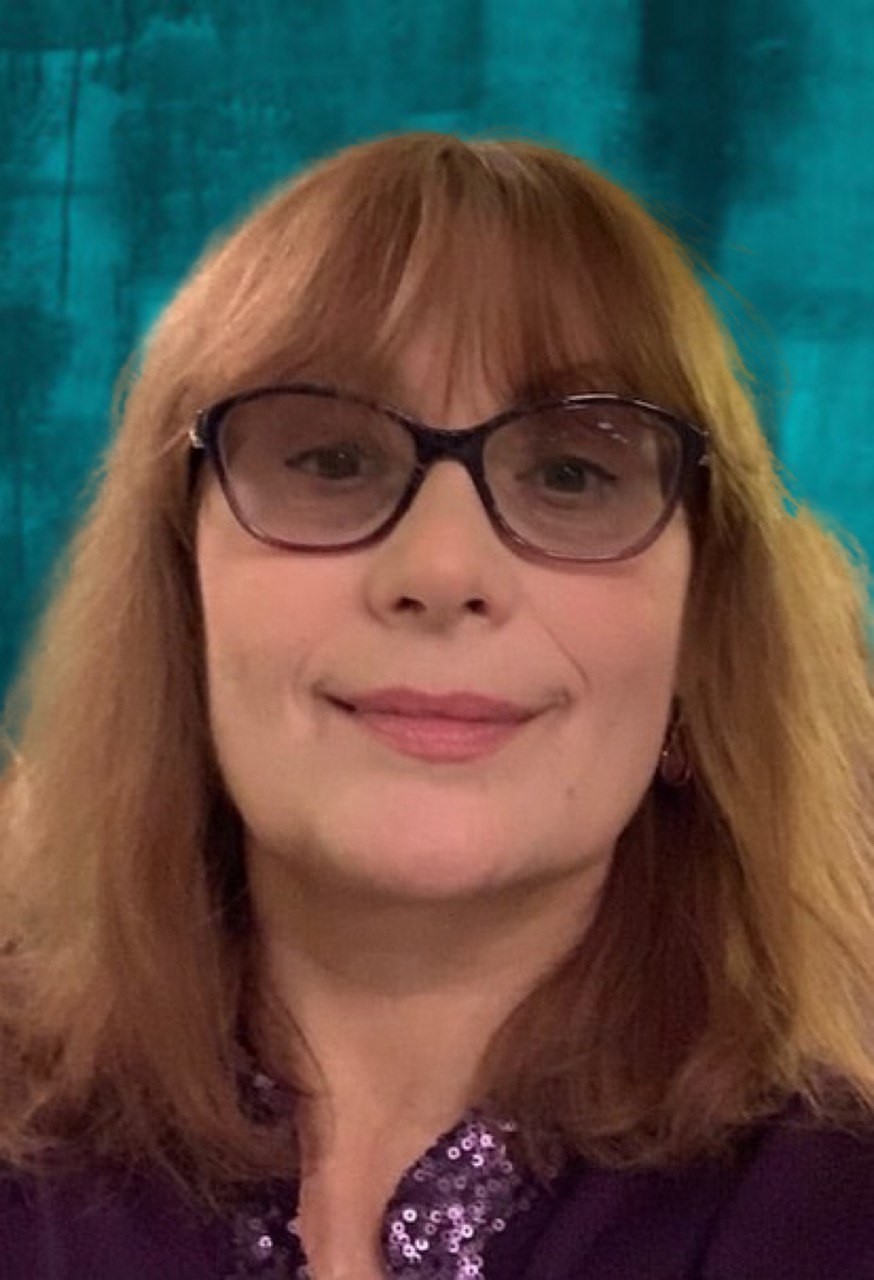
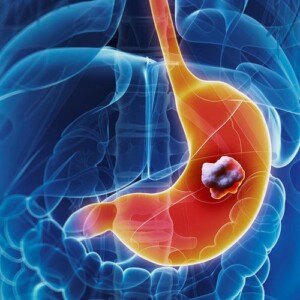 A malignant formation that occurs in the cells of the stomach as a result of pathological gene changes (mutations) is cancer.
A malignant formation that occurs in the cells of the stomach as a result of pathological gene changes (mutations) is cancer. 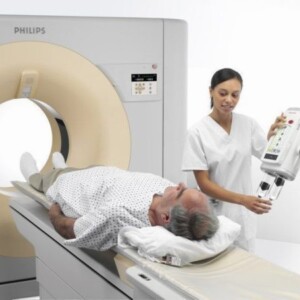 Stomach cancer can be detected only after a patient visits a doctor with certain symptoms, such as pain in the epigastric region, loss of appetite, sudden weight loss, and impaired food passage. After examination, history taking and determination of risk factors, the doctor prescribes the necessary additional tests.
Stomach cancer can be detected only after a patient visits a doctor with certain symptoms, such as pain in the epigastric region, loss of appetite, sudden weight loss, and impaired food passage. After examination, history taking and determination of risk factors, the doctor prescribes the necessary additional tests. 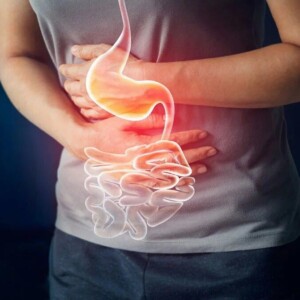 Initially, the patient should discuss all possible treatment options with the doctor, ask about everything that is not clear and interesting, what side effects may be and the purpose of the prescribed medical procedures. The goal may be a complete recovery, prevention of tumor development,alleviate symptoms, resolve digestive problems or chronic pain.
Initially, the patient should discuss all possible treatment options with the doctor, ask about everything that is not clear and interesting, what side effects may be and the purpose of the prescribed medical procedures. The goal may be a complete recovery, prevention of tumor development,alleviate symptoms, resolve digestive problems or chronic pain.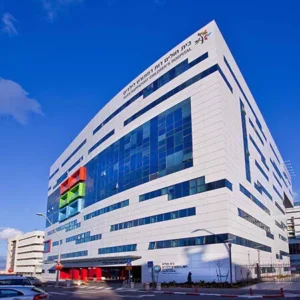 Most Israeli clinics that treat stomach cancer are accredited by the international quality commission JCI, ISO and the Israeli Ministry of Health, and have been awarded as the best hospitals in the world according to Newsweek magazine.
Most Israeli clinics that treat stomach cancer are accredited by the international quality commission JCI, ISO and the Israeli Ministry of Health, and have been awarded as the best hospitals in the world according to Newsweek magazine. 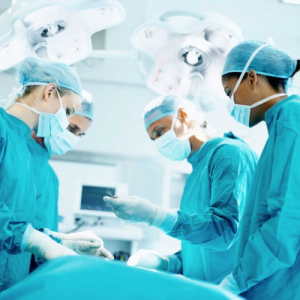 In Israeli clinics, doctors treat patients diagnosed with stomach cancer in accordance with international standards and WHO protocols:
In Israeli clinics, doctors treat patients diagnosed with stomach cancer in accordance with international standards and WHO protocols: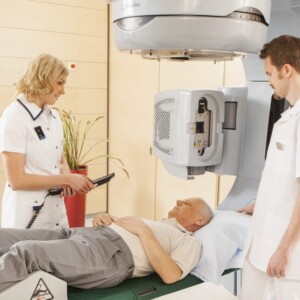 In addition to the above standard methods, oncologists at Israeli medical centers have implemented the latest developments in the treatment of gastric cancer:
In addition to the above standard methods, oncologists at Israeli medical centers have implemented the latest developments in the treatment of gastric cancer: The cost of treating stomach cancer in Israel varies depending on many factors – whether additional diagnostics will be performed in the clinic, what is the patient’s general health status, what treatments are needed (surgery alone or in combination with other types of therapy). The main factor affecting pricing is the stage of the oncological process. For example, treatment of stage 4 stomach cancer in Israel will cost more than treatment at earlier stages, as doctors have to apply several methods at the same time in several stages.
The cost of treating stomach cancer in Israel varies depending on many factors – whether additional diagnostics will be performed in the clinic, what is the patient’s general health status, what treatments are needed (surgery alone or in combination with other types of therapy). The main factor affecting pricing is the stage of the oncological process. For example, treatment of stage 4 stomach cancer in Israel will cost more than treatment at earlier stages, as doctors have to apply several methods at the same time in several stages. If you decide to undergo treatment for stomach cancer in Israel, you will be in the safe hands of professors and candidates of medical sciences from leading Israeli universities, experienced specialists with up-to-date knowledge and specially trained medical staff.
If you decide to undergo treatment for stomach cancer in Israel, you will be in the safe hands of professors and candidates of medical sciences from leading Israeli universities, experienced specialists with up-to-date knowledge and specially trained medical staff.